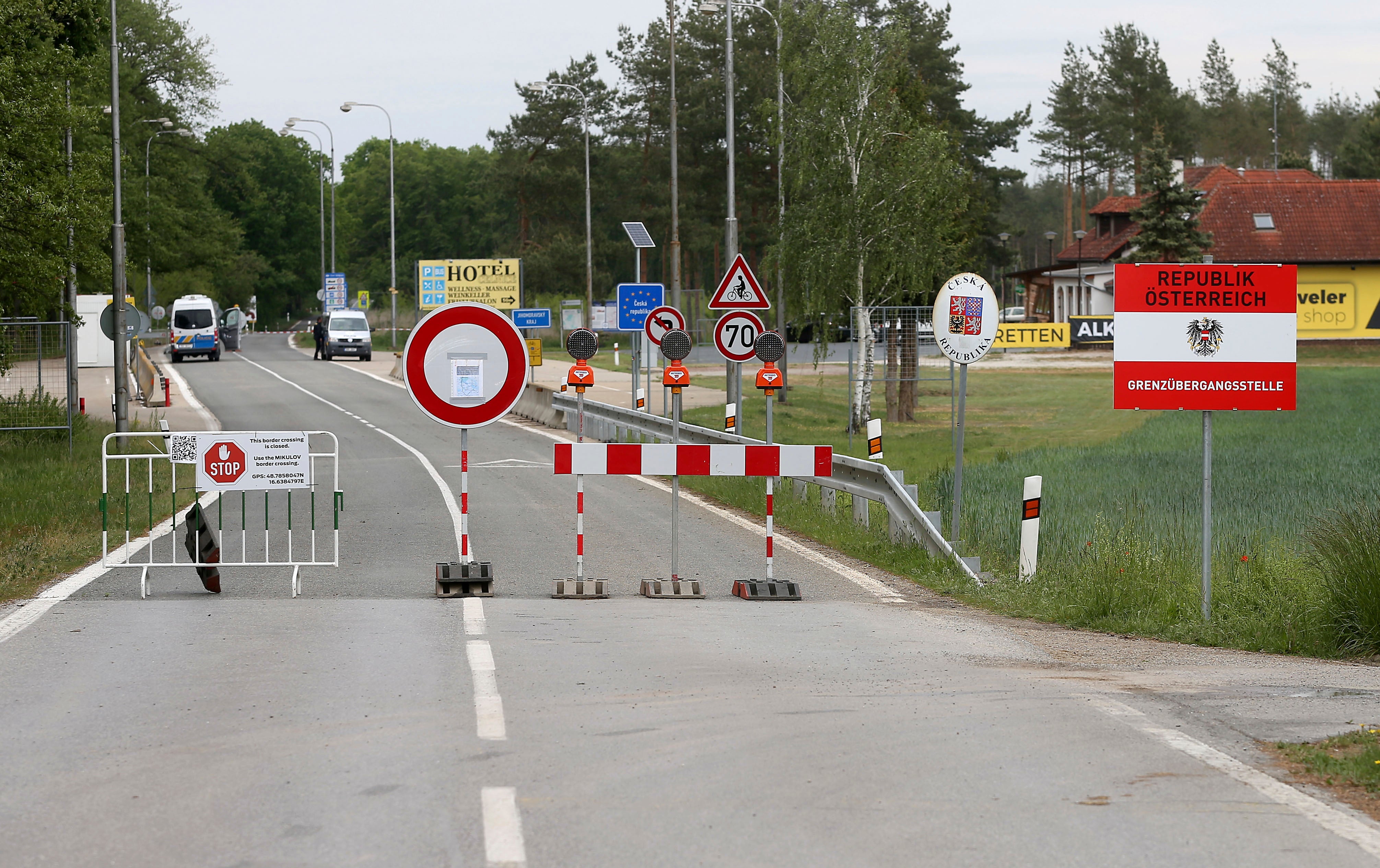Austria probe points to mistakes in early virus response
An independent commission says authorities in the Austrian region of Tyrol acted too slowly to shut down ski resorts after it became clear they were dealing with one of Europe’s first coronavirus outbreaks in March, but not due to political or business pressure

Your support helps us to tell the story
From reproductive rights to climate change to Big Tech, The Independent is on the ground when the story is developing. Whether it's investigating the financials of Elon Musk's pro-Trump PAC or producing our latest documentary, 'The A Word', which shines a light on the American women fighting for reproductive rights, we know how important it is to parse out the facts from the messaging.
At such a critical moment in US history, we need reporters on the ground. Your donation allows us to keep sending journalists to speak to both sides of the story.
The Independent is trusted by Americans across the entire political spectrum. And unlike many other quality news outlets, we choose not to lock Americans out of our reporting and analysis with paywalls. We believe quality journalism should be available to everyone, paid for by those who can afford it.
Your support makes all the difference.Authorities in the Austrian region of Tyrol acted too slowly to shut down ski resorts after it became clear they were dealing with one of Europe’s first coronavirus outbreaks in March, but not due to political or business pressure, an independent commission reported Monday.
There were “serious miscalculations” in the early days of the outbreak in Ischgl a popular resort in western Austria, and the surrounding area in what is considered one of Europe’s earliest “super-spreader” events of the pandemic, said Ronald Rohrer, chairman of the independent commission formed to examine the outbreak response.
A group of skiers from Iceland who had been in Ischgl began reporting symptoms on March 3, more than a week before the World Health Organization declared the coronavirus outbreak a pandemic, Rohrer told reporters in Innsbruck. By March 5, Tyrol authorities were aware and started looking for possible contacts. On March 7, an Ischgl bartender tested positive for the virus.
The bar was shut down on March 9, and then the next day all apres-ski locations were closed, and authorities reacted “appropriately” to the outbreak as more people tested positive, Rohrer said.
But the decision was only made March 12 to shut down the rest of the ski season in Ischgl, too late “from an epidemiological point of view,” and provincial governor Guenther Platter only ordered it two days after that, Rohrer said.
“They reacted too late,” Rohrer said.
In addition, he criticized poor communications — both from federal officials and locally — after Chancellor Sebastian Kurz on March 13 announced that several areas would be put under quarantine, but didn't explain that foreign tourists and others would be allowed to leave.
“That created a panicked reaction from guests and workers,” he said. “Some of the guests jumped into their cars with their ski boots still on, and rental skis were thrown into the entranceways of shops.”
Rohrer stressed that his report wasn't meant to pass judgment, but rather so that Austria would “learn from the mistakes of the past for the future.”
Last month, an Austrian consumer protection group filed four civil lawsuits against the country’s government for failing to contain the coronavirus outbreak at the ski resort.
The cases — involving an Austrian and three Germans — are meant to test the ground for a class action on behalf of 1,000 people who fell ill with COVID-19 following a trip to Ischgl in February and March.